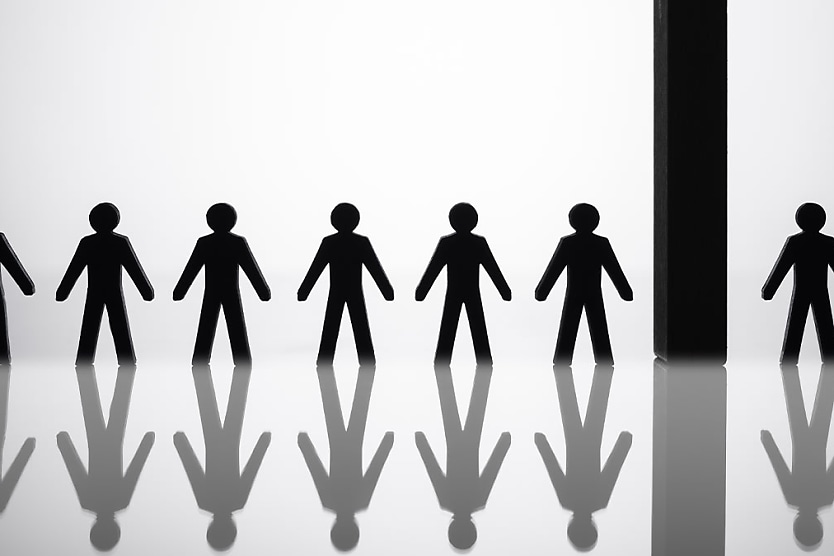
Diversity Council Australia, in collaboration with the Australian Disability Network, has launched a new report highlighting the challenges disabled employees face in Australian workplaces.
A new report has cast a light upon the inequitable treatment that disabled employees are forced to endure throughout the Australian workplace. The report touches on the requirement for disability data, and how it can be a pathway forward to achieve a more inclusive and diverse workplace.
Collecting disability data from workers who can offer insight into their experiences can help employers make far more informed decisions in the future, which can directly work towards negating those damming statistics that are affecting the employees with disability.
An example of those damming statistics is the fact that disabled employees are twice as likely to experience discrimination and harassment. According to the report, close to half (42 per cent) of people with disability said they had experienced discrimination and/or harassment at work, which alarmingly, is nearly double the rate of people without disability (23 per cent).
Another example was the disproportionate exclusion that employees with disabilities face. Around 16 per cent of people with disability said they work in non-inclusive teams, compared to 10 per cent of employees without disability.
Discrimination for disabled employees often extends beyond the workplace. In this case, a third (35 per cent) of people with disability reported being left out of social gatherings, as well as being ignored or treated as though they don’t exist.
This is often the sad reality for workers with disability, a reality often reinforced by entrenched societal prejudice. In this case, growing that database of findings could improve the situation for these workers, but there are also challenges in acquiring said data.
First of all, there are plenty of organisations that are simply choosing not to collect such data, with 40 per cent of people with disability saying their organisations were not collecting disability status data. On top of that, for those who are collecting data, 30 per cent of workers with disabilities choose not to share their disability status with their employer, for a number of reasons.
“The Disability Data at Work report underscores the urgent need for organisations to adopt inclusive practices that respect and empower all employees,” said DCA chief executive, Lisa Annese.
“Behind these troubling experiences faced by disabled employees are deeply rooted personal and systematic biases. Organisations bear a significant responsibility in dismantling these barriers to foster equitable employment opportunities, outcomes, and experiences for people with disability.
Setting a culture where workers with disability feel safe and comfortable to share that status with their employer can open the floodgates to receiving an increased collection of data, which can in turn be used to improve the inclusivity and diversity of a workplace.
“The safe and respectful collection of disability data is essential to increase the workforce participation rate of people with disability. We can’t fix what we don’t understand,” Annese said.
RELATED TERMS
Disability is a persistent condition that limits an employee's capacity to carry out routine tasks. It refers to anything permanent or likely to be permanent, may be chronic or episodic, is attributable to intellectual, mental, or physical impairment, and is likely to require continuous support services.
According to the Australian Human Rights Commission, discrimination occurs when one individual or group of people is regarded less favourably than another because of their origins or certain personality traits. When a regulation or policy is unfairly applied to everyone yet disadvantages some persons due to a shared personal trait, that is also discrimination.
Harassment is defined as persistent behaviour or acts that intimidate, threaten, or uncomfortably affect other employees at work. Because of anti-discrimination laws and the Fair Work Act of 2009, harassment in Australia is prohibited on the basis of protected characteristics.
Kace O'Neill
Kace O'Neill is a Graduate Journalist for HR Leader. Kace studied Media Communications and Maori studies at the University of Otago, he has a passion for sports and storytelling.











